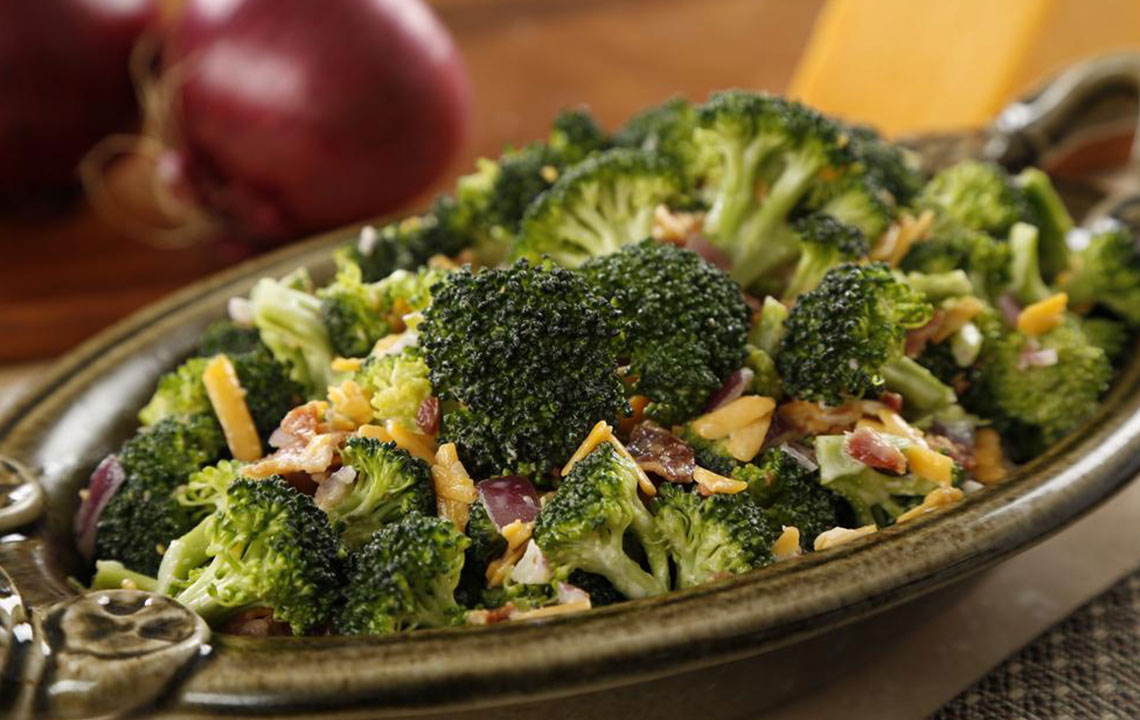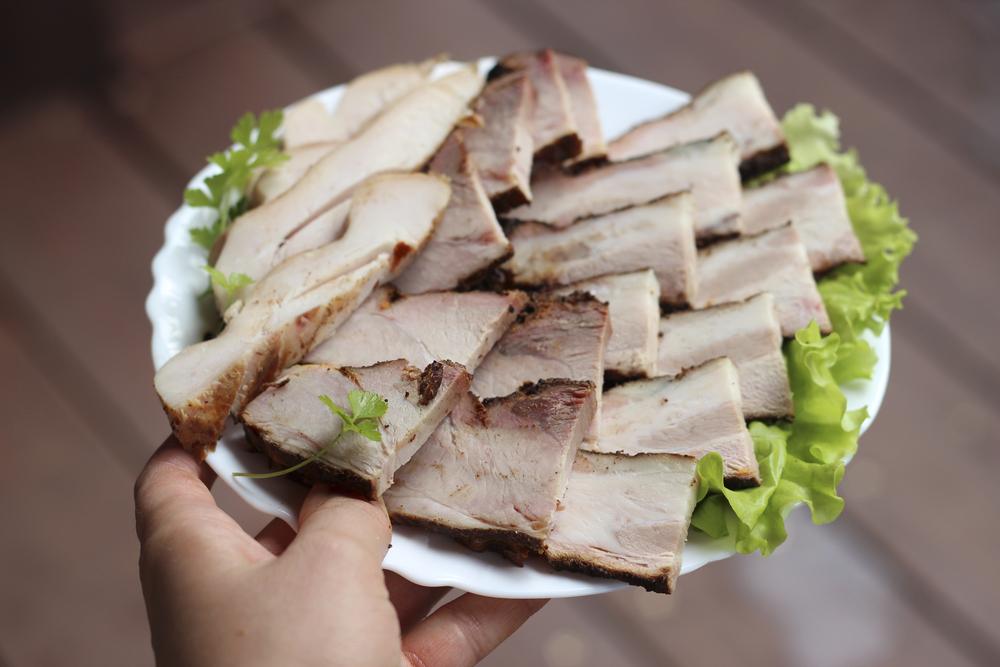Managing IBS: Foods to Include and Avoid
Discover effective dietary strategies for managing IBS, including foods to include like probiotics and low-FODMAP options, as well as foods to avoid such as high-fructose and processed items. Proper diet management can significantly ease symptoms and improve daily comfort.
Dietary Tips for Irritable Bowel Syndrome
Foods to Support and Limit with IBS
IBS, or irritable bowel syndrome, causes intense abdominal discomfort, including cramps, bloating, diarrhea, and constipation. While not life-threatening, it significantly disrupts daily routines, often making it difficult to function normally. Many affected individuals—especially women—may go undiagnosed due to their reluctance to seek medical advice. Managing diet can make a substantial difference in alleviating symptoms and improving quality of life. Understanding which foods to prioritize or avoid is crucial for effective management.

Potential Causes of IBS
While the exact cause remains unclear, an overly sensitive colon muscles may contribute. These muscles regulate stool movement; dysfunction can lead to painful bowel issues. Stressful events, gastrointestinal infections, or antibiotics usage are often linked to the onset of IBS. Post-trauma or illness episodes can trigger persistent symptoms for some individuals.
Foods to Incorporate for IBS Relief
Diet plays a vital role in managing IBS. Consuming the right foods ensures proper nutrition and can alleviate symptoms. Here are some dietary choices beneficial for IBS sufferers:
Probiotics: Natural sources like yogurt contain beneficial bacteria that support gut health. Probiotic supplements can also help, with many doctors recommending them. Regular intake of probiotics has shown promising results in reducing IBS symptoms. Always consult your healthcare provider before starting supplements.
Lactose-Free Options: Switch to lactose-free alternatives such as oat, rice, or soy milk. Aged cheeses like brie or camembert are better tolerated, and cooking with olive oil instead of butter can prevent aggravation.
Soluble Fiber: Incorporate foods rich in soluble fiber such as oats, carrots, bananas, berries, and legumes. Low-fructose fruits like kiwi, oranges, and strawberries are recommended to prevent symptom flare-ups.
Vegetables: Safe vegetables include eggplant, cucumbers, lettuce, potatoes, and bean sprouts. Herbs like basil, ginger, parsley, and rosemary enhance flavor without upsetting your digestive system.
Foods to Avoid for IBS
Carbonated drinks, alcohol, caffeine, sweets with artificial sweeteners, processed snacks (chips, crackers), and certain high-FODMAP vegetables like broccoli, asparagus, and cauliflower can worsen symptoms.
High-fructose foods, wheat, rye, and added sugars should be limited, as they may increase bloating and discomfort.
Opt for easily digestible foods to reduce stress on your gut and improve symptoms.










